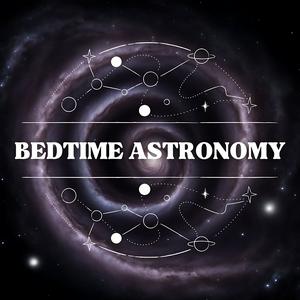Using data from total solar eclipses, researchers at the University of Hawaiʻi uncovered turbulent plasma structures in the Sun’s outer atmosphere, including vortex rings and wave instabilities. These disturbances persist as they move outward, helping generate the solar wind.
This episode explores how eclipse observations refine our understanding of solar energy transfer and improve predictions of space weather that can disrupt satellites, communications, and power grids.
This episode includes AI-generated content.


